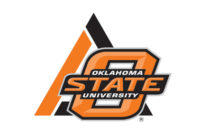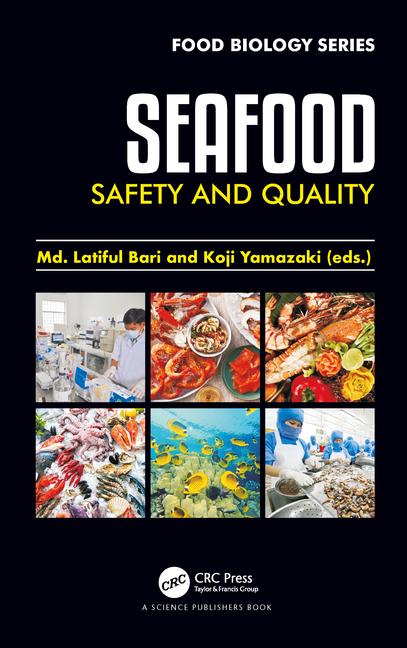Utah State University is the state’s Land Grant University located in Logan, Utah, situated north of Salt Lake City in Cache Valley. USU has been ranked as the #1 public university in the West by Forbes’ list of America’s Best College Buys (2011). USU is also uniquely located in a region known for cattle production, while also being in proximity with major fresh and processed meat production facilities. This scenic and fertile environment is home to a diverse group of meat scientists and students who are making unique contributions to the meat science community.
The meat science program at USU is housed within the Department of Nutrition, Dietetics, and Food Sciences. Multiple USU faculty continuously pursue meat science research and extension endeavors. Current meat science research emphases include: beef flavor, sensory evaluation, meat color, muscle biochemistry, and food safety. Specifically, exploration of multiple species’ meat color attributes and application of antioxidants and packaging are being investigated by Dr. Karin Allen. Food Science faculty member Dr. Silvana Martini has recently developed and published a beef flavor lexicon specific to grass-finished beef.
Dr. Chuck Carpenter has served as NDFS department head for 12 years. In addition to his administrative roles Dr. Carpenter maintains research interest in the relationships of muscle fiber types with muscle growth and meat quality. Recently he has teamed with USU food safety expert Dr. Jeff Broadbent to explore mechanisms by which organic acids act to inhibit growth of microbial pathogens in fresh and processed meats.
In addition NDFS extension specialist Dr. Brian Nummer has been key to the development of USDA jerky production guidelines. Dr. Robert Ward has worked to explore the effects of feeding practices on fatty acid composition, meat metabolites, and volatile compounds. New faculty member Dr. Jerrad Legako’s research focus has been centered upon beef flavor characterization. Currently Dr. Legako is collaborating with USU faculty to explore how various forage finishing diets affect beef flavor. Furthermore, Dr. Legako collaborates with multiple National and International scientists in the area of beef flavor research.
The USU meat science program’s success is boosted through access to multiple facilities including: multiple animal research grazing facilities, beef and sheep feeding facilities, a new animal harvest facility, meat fabrication and processing facilities, test kitchens, and digital based sensory evaluation facilities. However, the key to USU’s meat science success is students. USU meat science faculty takes an active role in student success by offering research, teaching, and service opportunities. Undergraduate and graduate students actively work side-by-side with faculty in a collaborative approach.
Undergraduate and graduate researchers are empowered to make new discoveries through hands-on experience with production and processing equipment, as well as scientific instrumentation. Students in the department’s IFT-approved food science program are also exposed to a unique set of core classes including: food chemistry, food microbiology, meat technology and processing, sensory evaluation of foods, and food analysis. Student service and outreach is emphasized through the USU Food Science Club with annual activities that include competing in IFT College Quiz Bowl and food product development activities.
Utah State University is a member of the American Meat Science Association. For more information about Utah State University and its faculty, please visit the AMSA website at http://www.meatscience.org/page.aspx?id=9020.







Report Abusive Comment